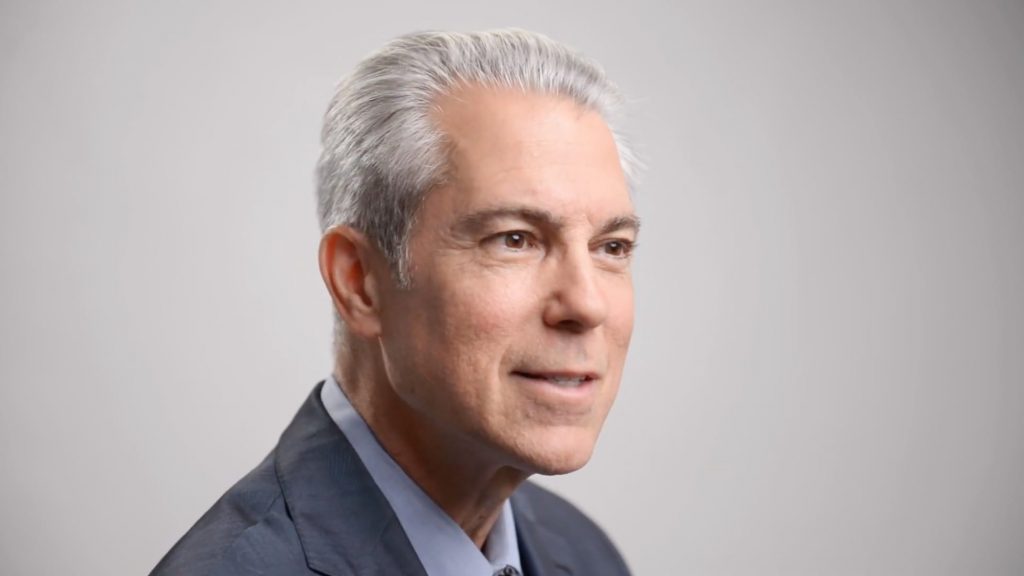Low Testosterone
Book a consult today
Consultation
What is Testosterone Deficiency?
Testosterone is the essential hormone in men for sexual desire and sexual function, and it also has important quality of life effects on energy, muscle, bone, cardiovascular health and brain function.
It has been researched that 20% of men over 60 and up to 50% of men over the age of 80 suffer from the clinical diagnosis of testosterone deficiency.
Testosterone levels decline with some medical conditions (like diabetes and obesity), and/or the use of medications (like opioid pain medication). Since testosterone levels can also decline after age 30 or 40 at a rate of approximately 1- 2 % per year, some men may notice symptoms of low testosterone as early as their 40’s or 50’s.
-
Scientific Studies
Symptoms of Testosterone Deficiency
Sexual Signs and Symptoms
- Reduced sex drive
- Reduced erectile function
Physical Signs and Symptoms
- Reduced energy
- Reduced endurance
- Diminished work performance
- Diminished physical performance
- Loss of body hair
- Reduced beard growth
- Fatigue
- Reduced lean muscle mass
- Obesity
- Change in sleep pattern
Cognitive Signs and Symptoms
- Depressive symptoms
- Cognitive dysfunction
- Reduced motivation
- Poor concentration
- Poor memory
- Irritability

Causes of Testosterone Deficiency in Men
Primary Causes
Secondary Causes
Screening for Testosterone Deficiency
London Low Testosterone Assessment
Our doctor will evaluate your situation and offer a thorough assessment.
The London Precision Sexual Health Clinic for Men offers a testosterone assessment, but does not directly offer testosterone replacement therapy. If our doctor determines that you may benefit from testosterone replacement therapy you will be referred for that treatment.
Related treatments we offer include:
Shockwave Therapy

Injection Therapy

Trimix

Sex Therapy

Lifestyle Modifications
- Quitting smoking.
- Exercising regularly.
- Reducing the consumption of alcohol.
- Eliminating the use of recreational drugs.
A man may also want to undergo counselling to help with stress, anxiety, or depression. Changes of this kind are intended to improve the ability to have sexual intercourse without worrying about ED symptoms.

